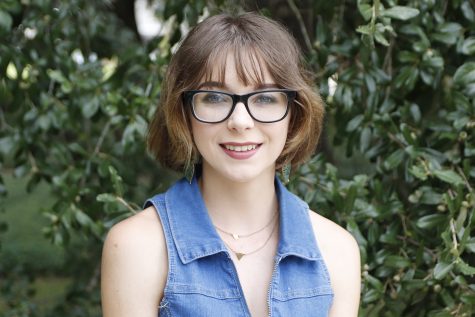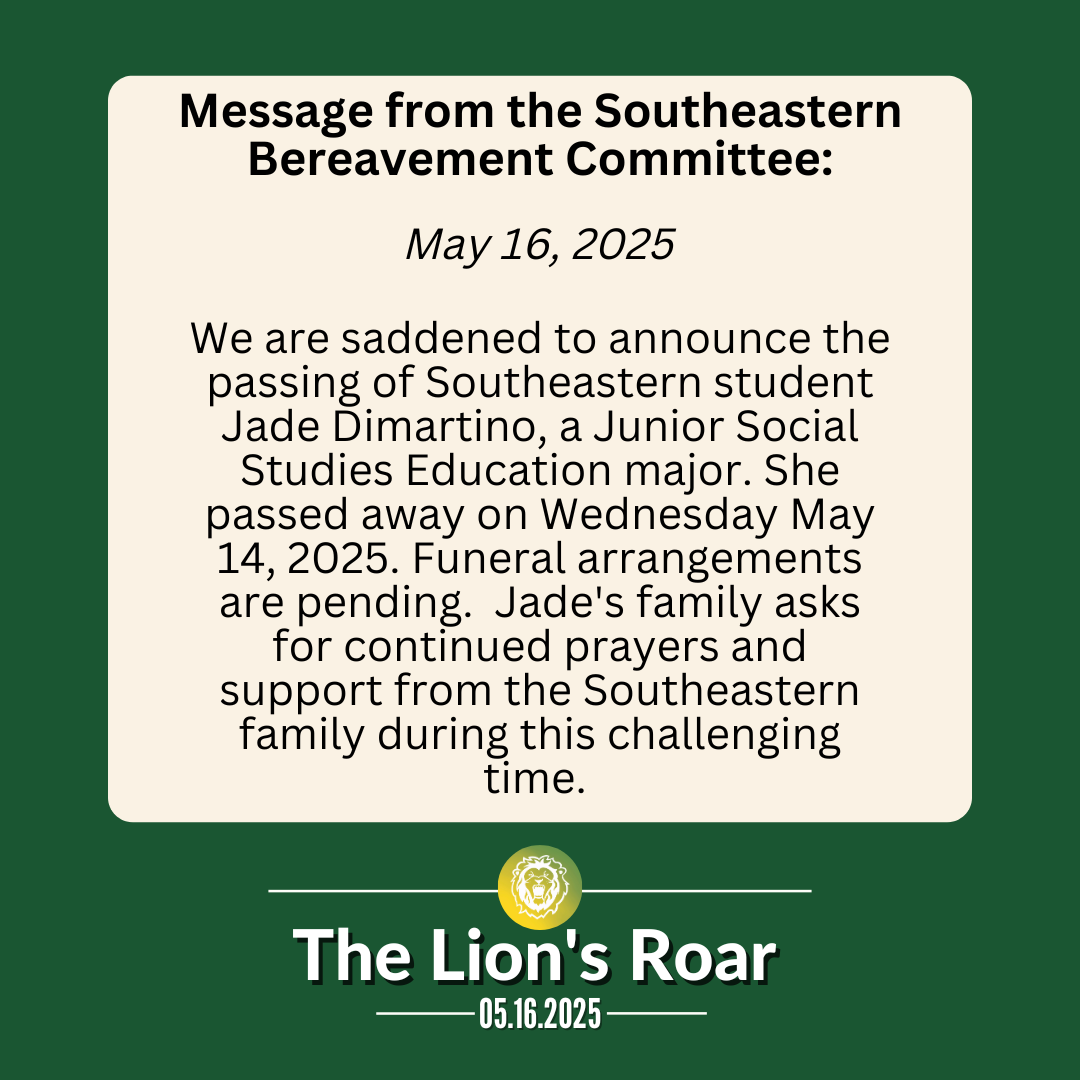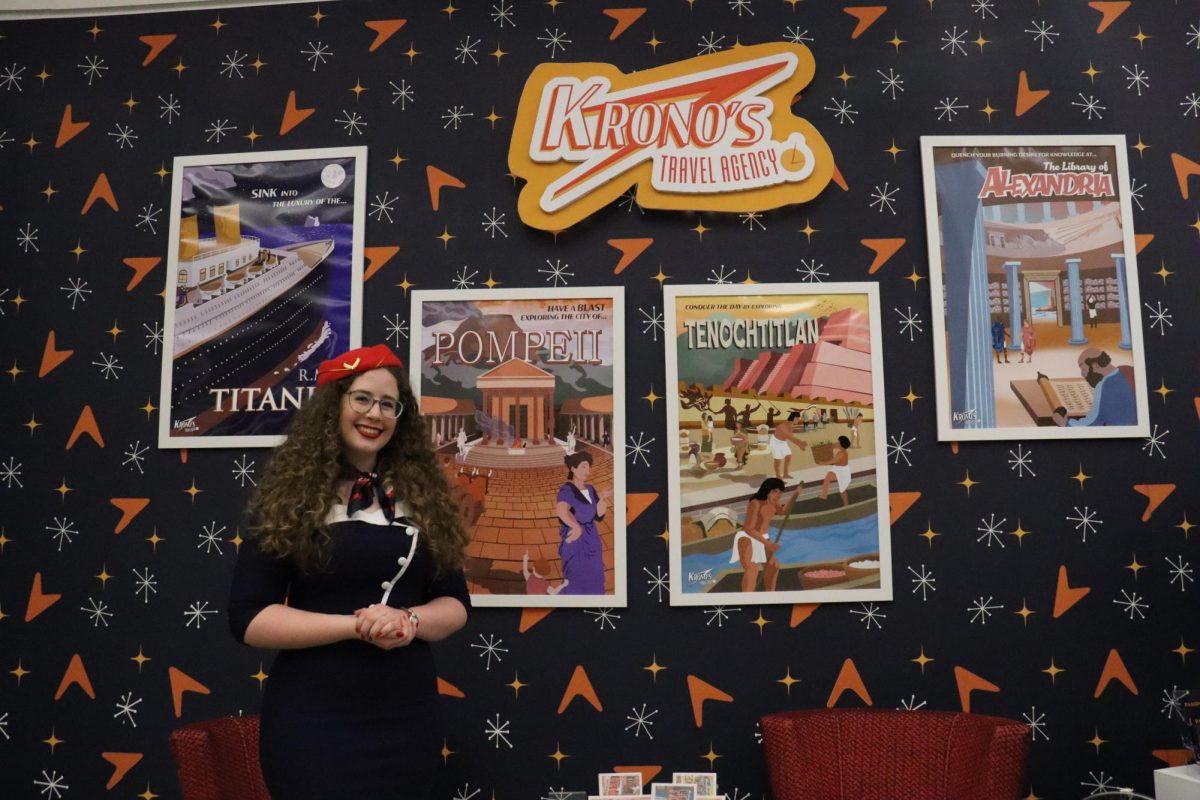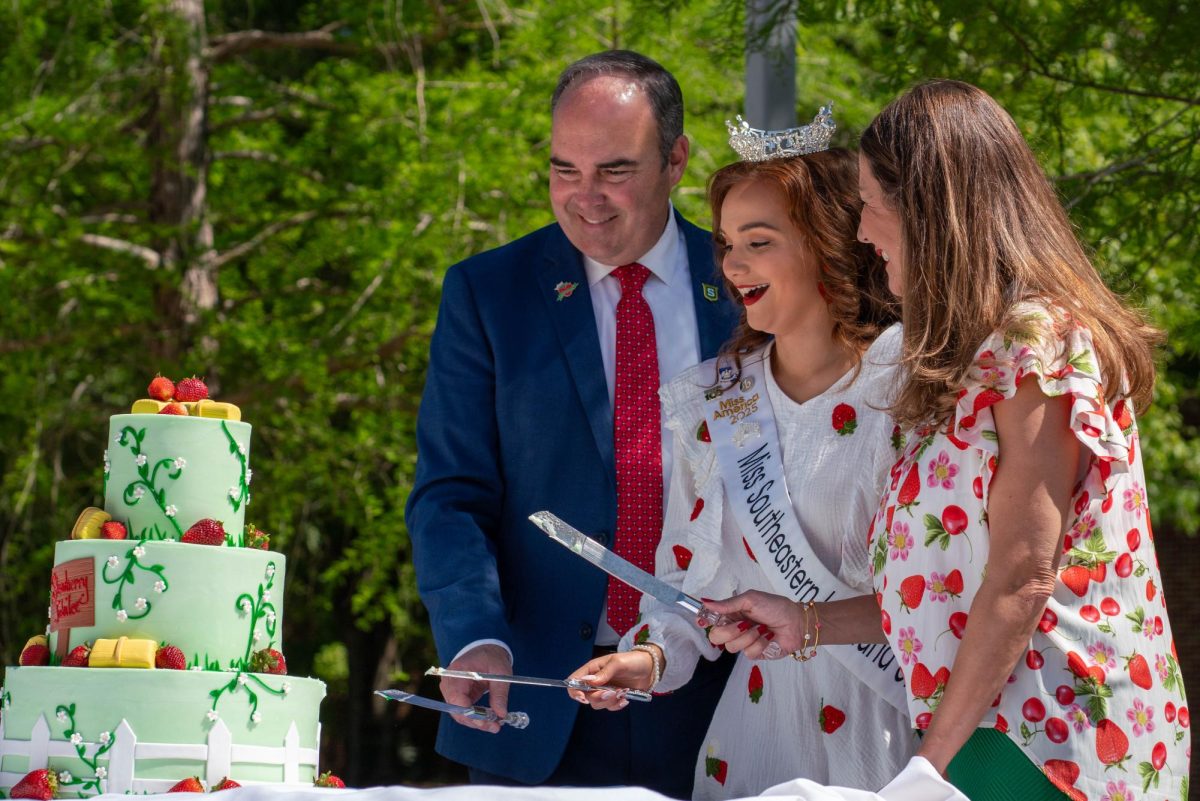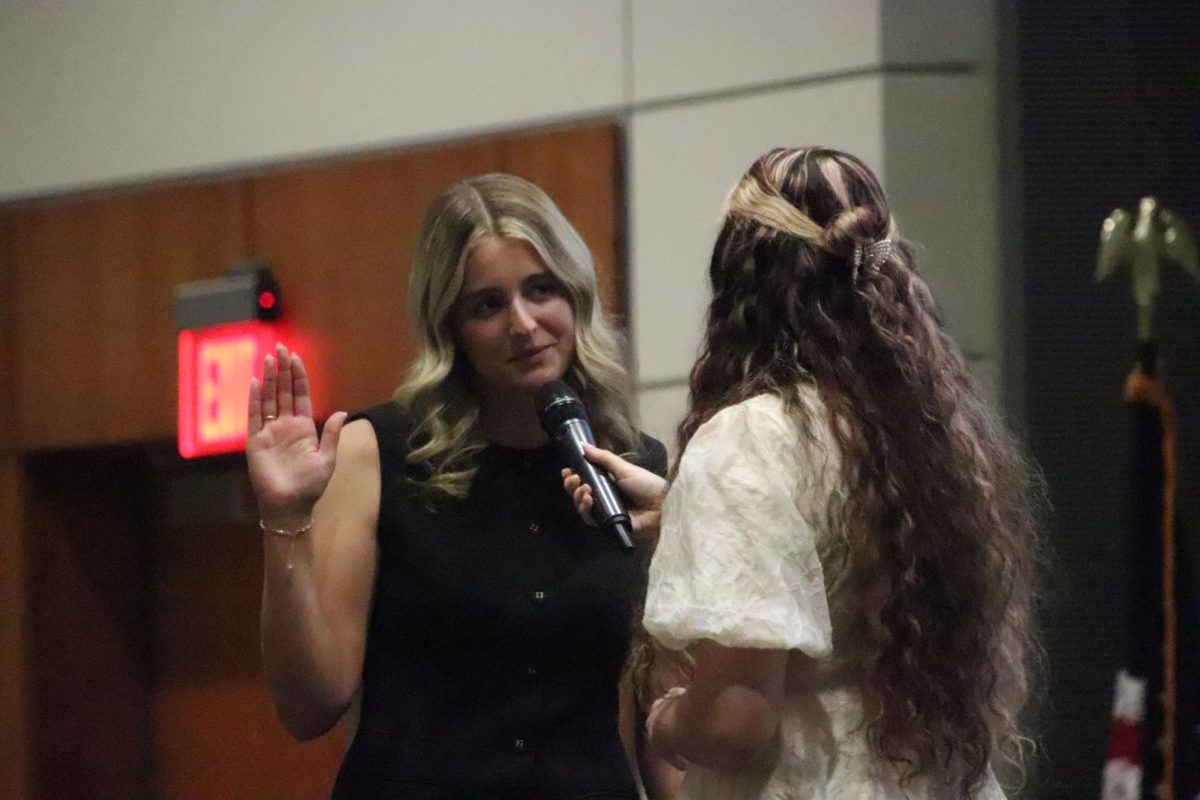
The university offers a post-secondary educational program to students with intellectual disabilities. According to Director of Lions Connected Dr. Gerlinde Beckers, an associate professor in the department of teaching and learning, this is something rare that makes the university stand out.
“Lions Connected is a program for college-age students with intellectual disabilities such as autism or Down syndrome to get a college experience,” said Beckers. “We are certified by the U.S. Department of Education to be a comprehensive transition post-secondary program, which means our students are eligible to receive Pell Grants if they qualify, and the students with disabilities audit four hours of courses, one three-hour academic course of their choice. It could be business. It could be early childhood. It could be philosophy, foreign language. The other one hour is a kinesiology health class to learn appropriate recreation skills. Part of their curriculum is life skills, which takes place in the department of teaching and learning, and they learn functional reading, math, budgeting, those types of life skills. Then they also have social skills times learning to appropriately communicate, interview.”
The program is structured to be completed in either two or four years with students aiming to gain employment through completion of the program.
“It starts early with the academic part, and as they transition through the curriculum, it works towards inclusive vocational opportunities,” said Beckers. “We currently have a student working in the library, and we have a student working at the Early Head Start center on North Campus. The ultimate goal is employment while having a true college experience.”
Although Beckers was not involved with the inception of the program, her experience with special education provided her with the knowledge to run the program.
“I have a background in special education and working with older people with disabilities,” said Beckers. “The idea of the program was generated by a parent of a student with an intellectual disability. He wanted to come to Southeastern, to college. They approached a committee of people, which I was not involved in, to develop a program. Once the provost and Dr. Crain approved of the program, they asked me to become the director because of my experience.”
Recently, the program became one of three in the state for its students to be eligible for Pell Grants.
“We had to go through a process, and we met or exceeded all the U.S. Department of Education criteria to be a comprehensive transition, or post-secondary program for students with intellectual disabilities,” said Beckers. “Part of that is for the students to be eligible for Pell Grants. Prior to that, if you were not enrolled in college traditionally, you were not eligible for financial aid. Because we have the certifications, our students who apply and who are eligible could receive Pell Grants to come to school.”
Beckers feels this promotes the diversity of the program by not just being available to the elite.
“It means that we’re not singling out those who cannot afford to come to college,” said Beckers. “It’s open to anyone with an intellectual disability not based on socio-economic status. If they qualify for Pell Grants, they can come. Otherwise, they’d have to pay the tuition out of their pocket, or their parents would. Sometimes they can’t afford it.”
The program requires mentors for the students. Beckers feels the program is lacking the campus recognition to better fill these roles.
“One of the biggest parts of the program is mentors,” said Beckers. “We have mentors who are with our LC, Lions Connected, students every day. We hire academic mentors, but we also need social mentors, who are typical aged peers, to be involved with the program. The campus as a whole does not know that we exist. We would have a better opportunity for people without disabilities to get involved in the program. They can get community service hours. We have paid mentors. We have volunteer mentors. Just the awareness that the program exists I think is critical for Southeastern community.”
To get involved with mentoring, either volunteering or paid, you can contact the program via Facebook or their website.
“Mentoring is the biggest factor, social mentoring, which is volunteer, or paid academic mentor,” said Beckers. “We do have a web page. We have a Facebook. Lions Connected is the Facebook page. That’s how they can contact us. I think the biggest part is we do a lot of extracurricular activities. We do tailgating. We’ve done homecoming. We did ‘Strawberry Jubilee.’ We did ‘Rock n’ Roar’ just last weekend. It’s just to get involvement to be able to accept the differences of all people.”


